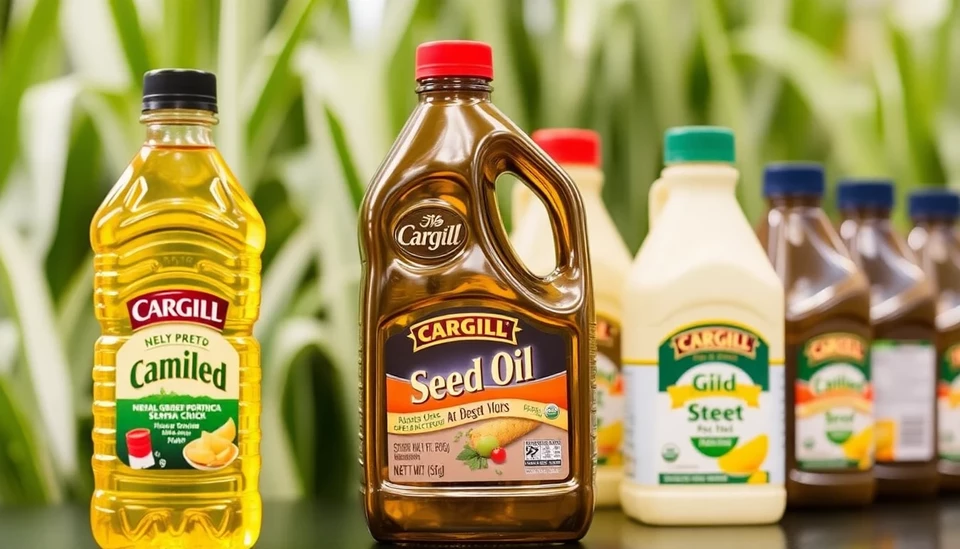
In a passionate defense of seed oils, Cargill, a leading global agricultural company, has pushed back against recent criticisms made by activist Robert F. Kennedy Jr. Kennedy has been vocal about his concerns over the health impacts of seed oils, arguing that they should be phased out in favor of other cooking fats. However, Cargill asserts that these oils remain a staple in American diets and are essential for food production.
Cargill's remarks come in light of a growing trend among some health advocates who have begun to vilify seed oils, primarily focusing on their production processes and potential health implications. Kennedy's stance has gained traction among segments of the populace, potentially influencing consumer choices. Despite this shifting narrative, Cargill argues that there is no viable alternative to seed oils for numerous food applications.
"Seed oils are used in countless products, from snacks to salad dressings, and they are an integral part of the food industry," stated a representative from Cargill. The company emphasized that seed oils, which include canola, soybean, and sunflower oils, are not only affordable but also contribute significantly to global food security.
The remarks from Cargill highlight a tension within the food industry, where health trends often clash with traditional food production practices. Advocates for alternative oils, such as olive or coconut oil, argue that these options provide healthier profiles compared to seed oils. However, Cargill contends that the benefits of seed oils, such as their high smoke point and versatility, cannot be overlooked.
Cargill is keen to address consumer safety concerns through transparency and education regarding the production of seed oils. The company has expressed its commitment to responsible sourcing and manufacturing practices, aiming to alleviate fears surrounding the safety of these oils. Cargill's stance reflects an understanding of the vital role that these oils play in the American food landscape.
The discourse around seed oils is set against a broader backdrop of dietary trends and public health discussions. As more individuals seek to understand the nutritional value of their food, companies like Cargill face increasing scrutiny. Despite the challenges posed by vocal critics, Cargill remains confident in the place of seed oils in both contemporary cooking and the future of food manufacturing.
Cargill's assertion that seed oils are indispensable indicates the company's readiness to confront the challenges posed by emerging food trends while promoting a narrative centered on affordability, accessibility, and nutritional value.
The ongoing debate regarding the safety of seed oils versus alternative fats is likely to influence consumer behavior and industry practices in the coming years. As consumers become more informed, companies will need to strike a balance between innovation and traditional food production methods to maintain their market positions.
With advocacy from both sides of the argument, the dialogue surrounding seed oils is expected to evolve, prompting further discussions on food safety, health implications, and the sustainability of agricultural practices.
As this conversation continues to unfold, Cargill’s commitment to addressing both the facts and sentiments surrounding seed oils will be critical in shaping public perception and industry standards.
Social media is abuzz with discussions about health trends, and as mentioned, this will surely be a hot topic among health-conscious consumers and food industry professionals.
#Cargill #SeedOils #RobertFKennedyJr #FoodSafety #HealthTrends #Agriculture #Nutition #FoodProduction #ConsumerAwareness
Author: John Harris
